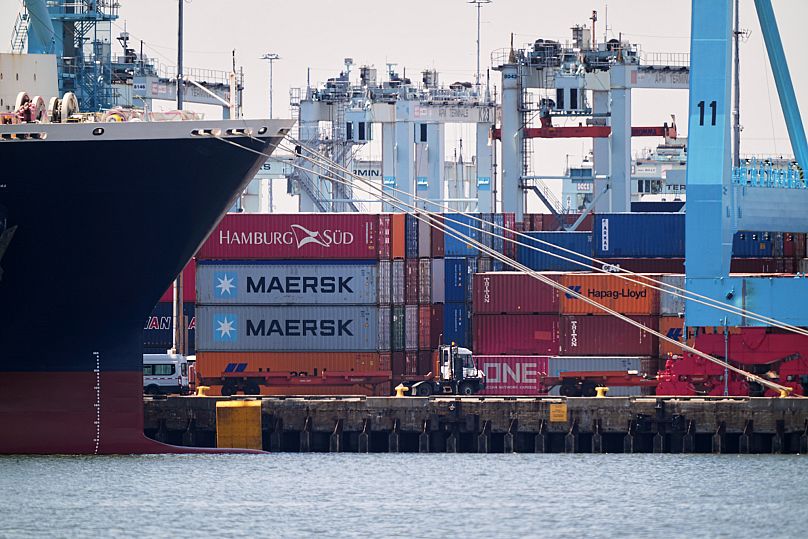The ongoing budget fight in Washington has the unintended consequence of harming the European economy. Especially EU exporters could be in for a rough ride.
It’s not only European tourists traveling in the United States and finding themselves in front of closed museum doors or national park gates.
 ADVERTISEMENT
ADVERTISEMENT
 ADVERTISEMENT
ADVERTISEMENT
Because the US is so central to the global economy, European businesses could feel negative effects of a US government shutdown too.
In fact, they should get ready for a rough ride that will only become more painful the longer the gridlock in Washington lasts.
So, why should corporate Europe be worried about public employees on the other side of the Atlantic not being able to work?
Well, the shutdown halts or scales back many federal operations like providing loans or permits and disrupts the work of government agencies that provide oversight, slowing down economic activity.
What makes this more significant is its timing. This year, the US economy is already navigating slower growth, persistent inflation pressures and increasing financial insecurity.
The shutdown is adding to this insecurity and has the potential to trigger a chain reaction of economic consequences.
Take European trade businesses. Already rattled by the tariff chaos, they rely on consistent and predictable market conditions to plan their production, allocate resources and meet their customers’ needs.
Even a slight slowdown in economic activity would lead to lower US imports, which would reduce demand for European companies, whose growth, revenue and profitability would in turn be affected.
European imports arriving in America will meet less government staff in ports and customs who handle administrative and regulatory tasks associated with importing and exporting goods.
As a result, there will be delays which can extend the time it takes for goods to reach their destinations, disrupting delivery schedules.
The delays can have cascading effects on supply chains that rely on precise timing to function efficiently. This may lead to unexpected costs for expedited shipping and penalties for missed delivery deadlines.
In addition, there is the danger from a potential halt in export license approvals.
European companies need these approvals – or their renewals – to conduct their business operations in the US altogether.
“Companies will be frozen, they can’t get anything approved, no permits or licenses, can’t sell corporate debt in the US,” a lawyer in the business of negotiating transatlantic deals for multinational corporate clients told Euronews.
“A government shutdown sends home the people who execute regulations, but the regulations themselves remain – and remain to be complied with.”
This regulatory uncertainty can leave European exporters in a state of limbo, unsure of their ability to continue their activities with the US market in the short-term.
Look especially for sectors that rely on US demand such as machinery, automotive components or chemicals.
Those companies might see downward stock market swings as investors react to uncertainty in the US.
Speaking of financial markets. Prolonged uncertainty in the US could lead to rising interest rates on US government bonds, as investors would consider them to be higher risk.
That would lead to higher rates elsewhere in the world.
In Europe, for example, this could depress stock markets, increase the cost of financing public deficits, and reduce overall demand due to the higher cost of credit.
The rise in rates would increase the risk of default by over-indebted borrowers, and therefore of a financial crisis.
As the lack of a budget agreement in Washington would compromise the financing of US support for certain countries, the risks of geopolitical instability would increase, which would depress business investment and intensify the decline in demand already affected by inflation.
Economists estimate that a two-week US government shutdown would have a negative impact on EU GDP of €4 billion. If the shutdown lasted for 8 weeks, the impact would increase to €16 billion.
Whether it will really come to this is in the hands of politicians in Washington.
What is at stake is nothing less than America’s reputation as a global economic anchor of stability.











